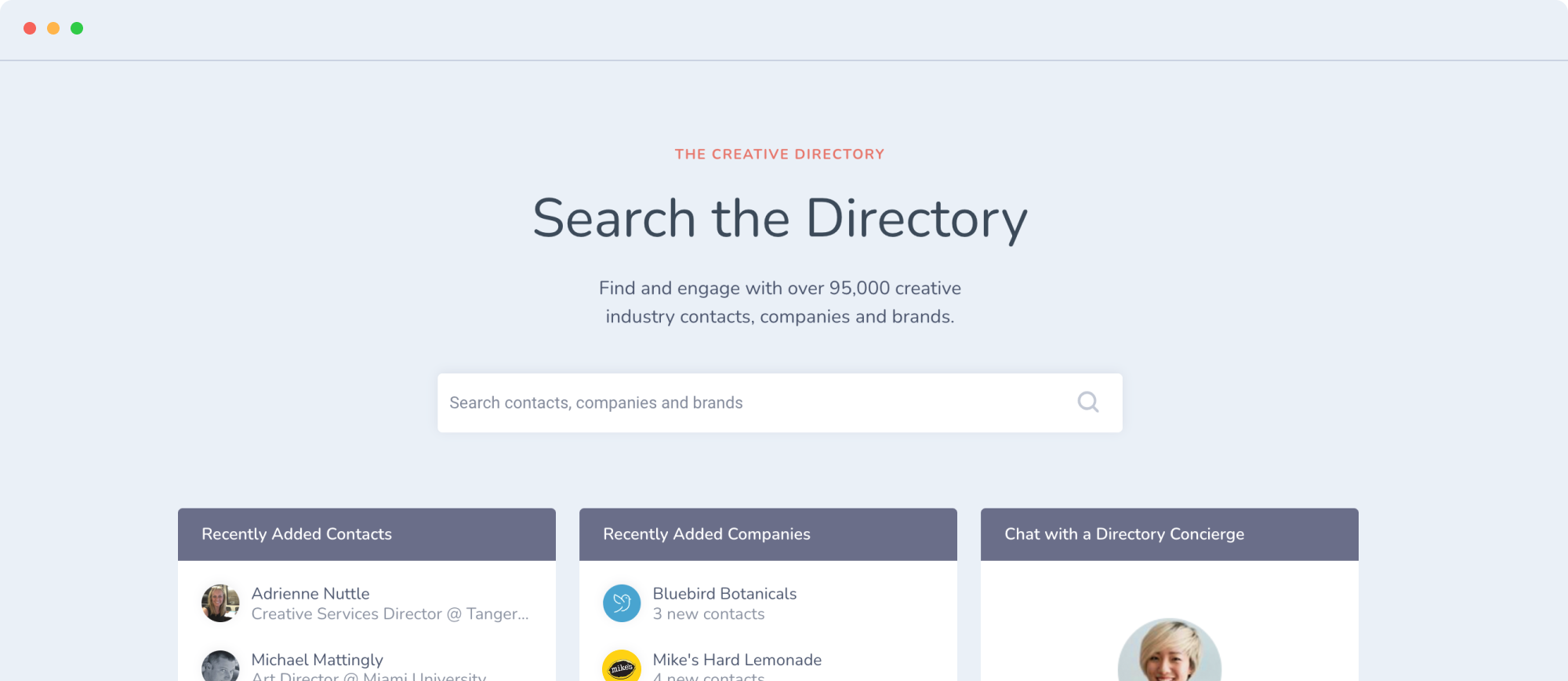Prospecting Tips
The Brief: Growing Past Sole Proprietor Affects Creatives Differently

Most creative professionals start their businesses without doing anything more than accepting the first freelance project offered. That is, they don’t bother to do anything about forming a legal entity like a corporation or an LLC. That’s fine–if you don’t do anything and you work solo, you are a sole proprietor. After that first project, if you continue doing business, getting projects, and cashing checks, you probably won’t think about your business structure.
At least for a while.
One day, you, the now-successful creative pro, hire an accountant to do your taxes and that CPA tells you you should incorporate or form an LLC. The accountant is concerned about the relative tax burdens, and, often, it does make immediate financial sense to create an entity–that is, you can save a bundle on your taxes. The accountant doesn’t (probably) know about the copyright ramifications, and (usually) neither does the average creative pro.
Yes, there are copyright ramifications.
Overall, there are a whole host of legal issues to consider when it comes to potentially forming an entity. Most people focus on tax issues, which makes sense. Still, there are other legal issues, and I highly encourage anyone considering creating an entity to talk to a lawyer before taking that step. Anyway, I’m only going to focus on the copyright for this post as it gets ignored most often. It shouldn’t be.
Imagine you have formed a single-member LLC, and, as per your CPA, you’ve made yourself an employee of that LLC. Your tax bill will thank you. Now, however, when you make your art (whatever kind of art you make–doesn’t matter), who owns its copyright?
If you said you do, you’d be wrong. Even though you are the only member of your entity (the LLC), it’s that entity that owns the copyright in the art you make as an employee. It’s an automatic work-made-for-hire. No writing is required.
Well, I hear you saying, but I am the entity, so it’s the same thing—nice try but, under the law, nope.
First, since the entity is now the author of the work, the length of the copyright is no longer the “life of the author plus 70 years.” Copyright authored by an entity lasts either 95 years after its first publication or 120 years after its creation, whichever is longer. There is an exception to this to get back to the author’s death +70 years in length, but it requires lots more paperwork.
Second, when you register that copyright, you need to do it correctly. You have to name the entity as the author and the claimant because you, as an individual, did not create and do not own the copyright, by law. While screwing this up doesn’t necessarily totally void a registration, it certainly will be an issue if you ever get infringed. Defendants will look for anything, and everything—researching the record will happen.
You (and your lawyer) don’t want to have to fight about your registration’s validity. I’ve seen it happen, and it could result in an exceptional case becoming a loser…and cost you dearly. Remember, if you sue for infringement and lose, you might be required to pay the other side’s attorneys’ fees and expenses. Ouch! So, you don’t want something like this to scuttle your otherwise watertight ship, er, case.
Third, let’s say you get hit by a bus and shuffle off the mortal coil; who receives the copyrights your entity owns? And what about existing licenses and royalties based on those copyrights–who gets the money? It’s not so easy if you haven’t planned. Do you have a succession plan in place for your entity?
None of these issues are insurmountable. For example, you can have writing that keeps the copyrights created after the entity is formed as your own (if you want to do that, and there are reasons to do that, or not).
Overall, the non-tax issues, including copyright issues that come up when you form an entity, require some extra thought and, likely, professional advisement. You need to make some decisions and learn new processes if you decide to incorporate/form an LLC.
Don’t go it alone and hope it all works out–that’s a lousy business strategy. And don’t just ask your colleagues, because what works for them may very well not work for you. Legal stuff is often that way. Talk to your attorney and get personalized advice.
©2020 Leslie Burns
Grow your client list
with Agency Access
Already have an account?
An account with the same email address already exists. To continue, login to your account.
Login- 14-day free trial
- No obligation
- Cancel anytime


